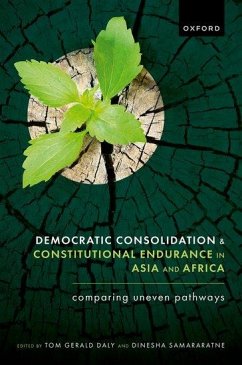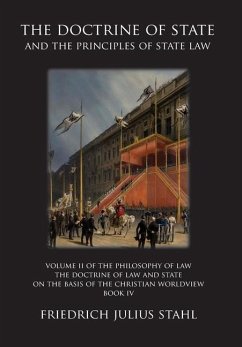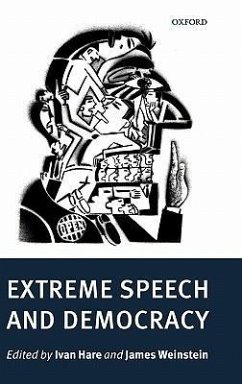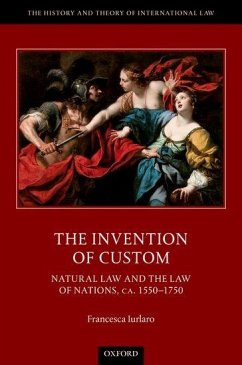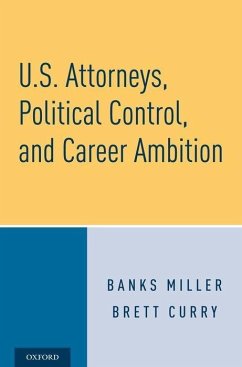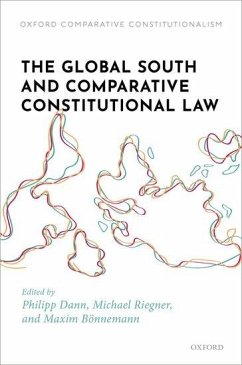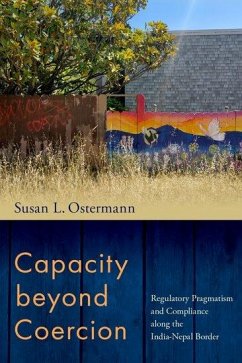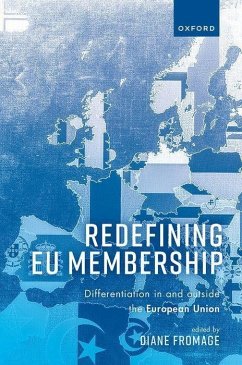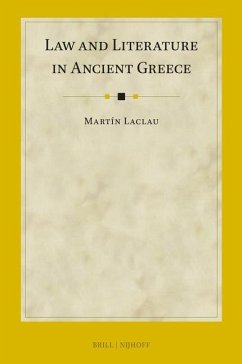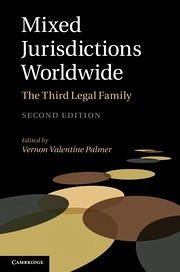Nicht lieferbar
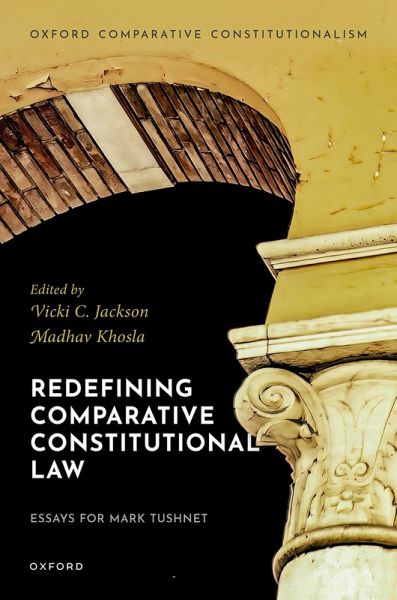
Redefining Comparative Constitutional Law
Essays for Mark Tushnet
Versandkostenfrei!
Nicht lieferbar




Redefining Comparative Constitutional Law: Essays for Mark Tushnet commemorates the writings of Mark Tushnet, a significant voice in the study of comparative constitutional law. Each essay is written by a leading scholar and discusses timely topics such as empiricism and language, democracy and entrenchment, and analyses of rights and courts.
Madhav Khosla is an Associate Professor of Law at Columbia University. He is interested in the nature and form of constitutions, especially from a comparative and theoretical perspective. Khosla studied political theory at Harvard University, and law at Yale Law School and the National Law School of India University, Bangalore. Before joining Columbia Law School, he was a Junior Fellow at the Harvard Society of Fellows. Khosla's books include India's Founding Moment, which was an Economist Best Book of 2020 and co-winner of the Order of the Coif Book Award 2021. Vicki C. Jackson, Laurence H. Tribe Professor of Constitutional Law at Harvard, works on comparative constitutional law, U.S. constitutional law, and federal courts. Previously she was Carmack Waterhouse Professor of Constitutional Law at Georgetown University. She is the author of Constitutional Engagement in a Transnational Era (2010), coauthor, with Mark Tushnet, of Comparative Constitutional Law (3d ed. 2014), and co-editor, with Yasmin Dawood, of Constitutionalism and a Right to Effective Government? (2022), among other works. Her scholarship concerns knowledge institutions, effective government and constitutionalism; judicial independence and the Supreme Court, free expression, federalism, pro-constitutional representation, proportionality review, equality, unconstitutional amendments, and standing.
Produktdetails
- Verlag: Oxford University Press
- Seitenzahl: 462
- Erscheinungstermin: 6. April 2025
- Englisch
- Abmessung: 239mm x 163mm x 35mm
- Gewicht: 844g
- ISBN-13: 9780198891451
- ISBN-10: 0198891458
- Artikelnr.: 73111993
Herstellerkennzeichnung
Libri GmbH
Europaallee 1
36244 Bad Hersfeld
gpsr@libri.de
Für dieses Produkt wurde noch keine Bewertung abgegeben. Wir würden uns sehr freuen, wenn du die erste Bewertung schreibst!
Eine Bewertung schreiben
Eine Bewertung schreiben
Andere Kunden interessierten sich für



